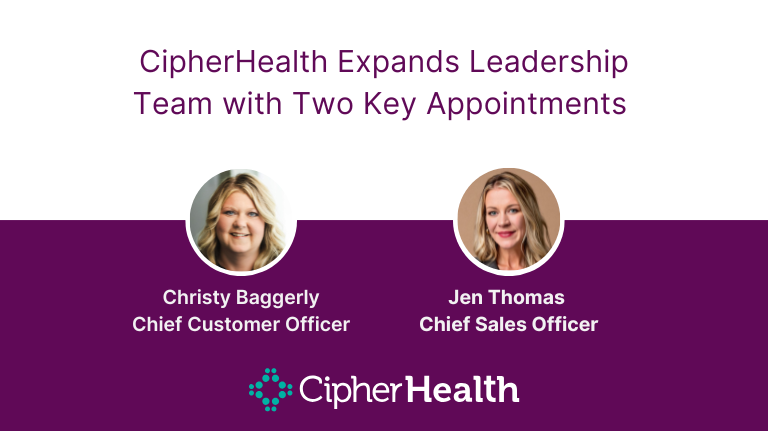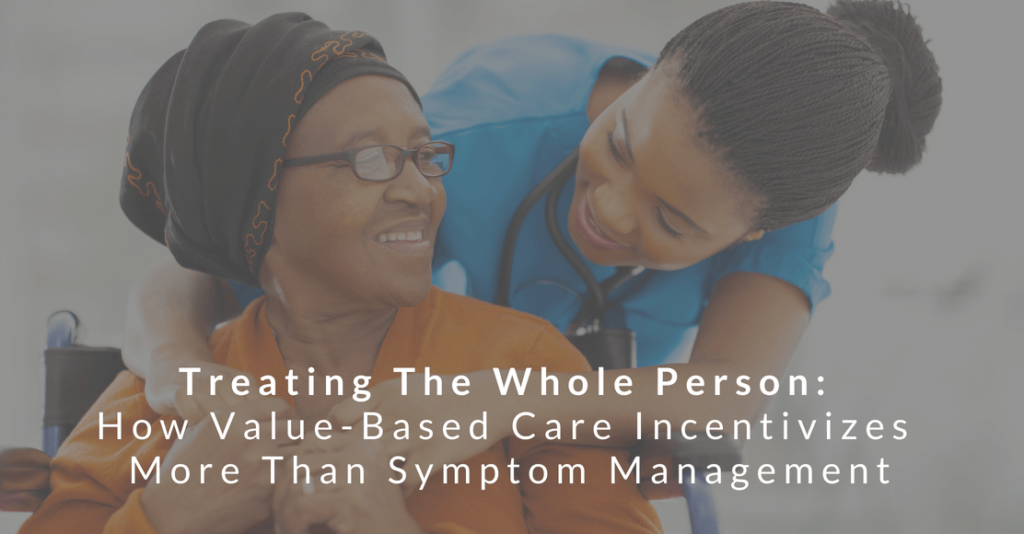May is Mental Health Awareness Month. As advocates and providers work to address the stigma surrounding mental health topics, there are ongoing regulatory changes that are shifting the healthcare industry towards integrated approaches to patient-centered care. Over the last decade, healthcare has undergone a major transformation to incentivize collaboration across specialties and settings. This has sparked a movement towards considering clinical, physical, and social needs holistically and prioritizing the best ways to assess, diagnose, and address behavioral health needs.
New regulatory incentives at the federal and state level have freed up funds that enable further collaboration among various providers. Value-based payment contracts between health systems and Managed Care Organizations have placed a deeper emphasis on enhancing collaboration, removing silos between care settings, and integrating community-based resources with clinical services. With centralized care management teams that span multiple provider organizations, these resources can better manage care and focus on addressing social determinants of health.
Breaking down the silos in healthcare and integrating primary care with mental health and substance use disorder services are an important first step in proactively identifying patient needs and coordinating care to address and resolve any potential issues. When provider teams address care delivery with a focus on the whole person behind the patient, they will be equipped to improve outcomes and in time, lower the total cost of care.
As we look towards the future, the next step is finding ways of enhancing collaboration by providing interoperable solutions that will remove the need for duplicative data entry and optimize limited labor resources, meet patients where they are, and further advance the progress in providing care that considers the whole person. With value-based care, providers are incentivized to look at the patient more holistically and treat more than just a symptom or condition.
For more information on mental health in the United States, please access these resources:








